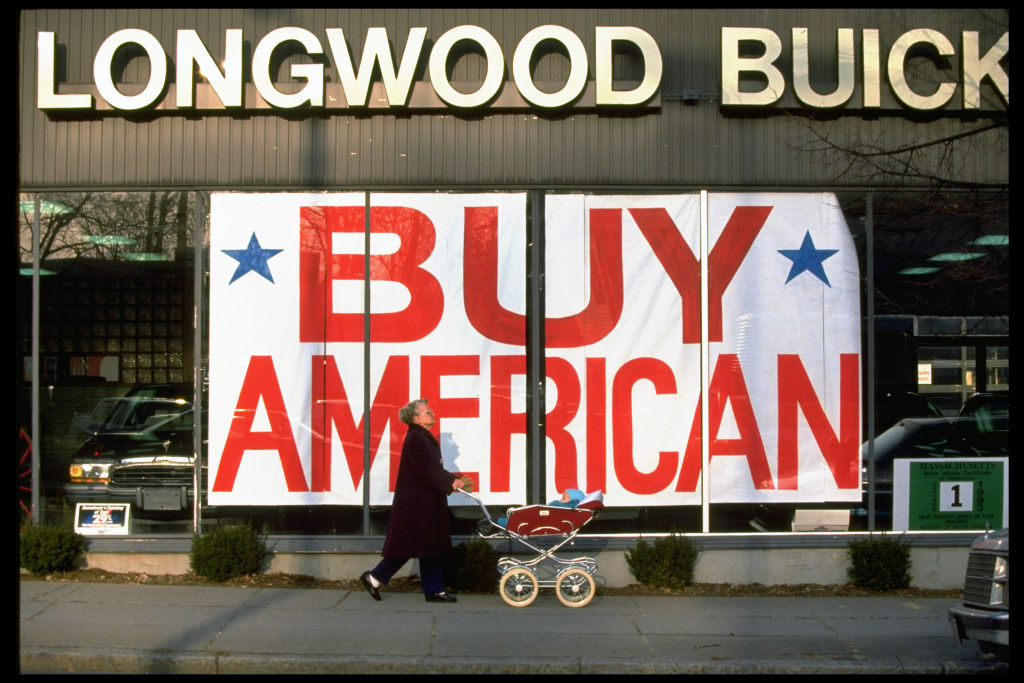World's largest hedge fund Bridgewater reportedly has big bet on market crash
Bridgewater Associates, the world's largest hedge fund, reportedly has placed a $1.5 billion bet that could create a big windfall for the fund and its investors if the stock market were to plunge before the end of March.
The bet, or hedge, has been made over the past few months and is focused on a drop in the S&P 500-stock index of the largest U.S.-based companies, according to the Wall Street Journal. The Bridgewater hedge could also pay off if European stocks crash and the U.S. market simply doesn't rise during the next four months, the news outlet said.
Bridgewater's founder, Ray Dalio, described the Journal's reporting as "wrong" in a post on LinkedIn on Friday. Dalio didn't offer specifics about his firm's trading. But he said Bridgewater was not "net short" and that it was wrong to characterize him as bearish on stocks. Net short generally means one has more money invested in bets that would go up in value if the market fell than in bets that would move up in value with a rising market.
It is not uncommon for a hedge fund to place some bets that would rise in value if the stock market fell. Most hedge funds, as the name suggests, make these bets even if they think the market in general will rise.
Indeed, a large investment fund apparently has been buying up an unusual number of options in the past month that would pay off if the market dropped, Vineer Bhansali, chief investment officer of the hedge fund Long-Tail Alpha, told CBS MoneyWatch Friday. He cited personal reports to him from other dealers in the derivatives-trading markets.
Bhansali calculates that Bridgewater's reported $1.5 billion bet could produce a $27 billion profit if the market were to drop 20% overnight. Any payoff would shrink to zero in the coming weeks and months through March 31.
Bhansali said he would characterize the reported Bridgwater trade as a hedge, and not an outright bet that the market would fall, but he said the size of the hedge was unusual. "Looks like they are hedging against some sort of significant tail-risk," Bhansali said, referring to the Wall Street term for a large and unexpected market drop.
A bet like the one described in the Wall Street Journal report may signal to some market observers that one of Wall Street's most sophisticated traders is skeptical that the U.S. and China will be able to reach a trade deal anytime soon.
Dalio has in the past few years become one of Wall Street's top experts on China, cultivating sources high up in the Chinese government, according to his writings. Bridgewater could be hedging against a scenario where mild worries about a continued trade war between the U.S. and China slowing the global economy turn into a panic over the next few months.
Bridgewater declined to comment to CBS MoneyWatch. The hedge fund did tell the Wall Street Journal it was not betting on a particular outcome in the 2020 U.S. election. Another top hedge fund manager, Paul Tudor Jones, recently predicted at a hedge fund conference that the market would plunge 25% if Elizabeth Warren was elected president. Dalio was on stage at the conference at the same time Jones made the comment.
Dalio, though, has bungled his own presidential stock market calls. On the eve of the 2016 election, Dalio said that he thought the market would crash if Donald Trump was elected president. Instead the market quickly rose, and is now 50% higher than it was in November 2016.
Bridgewater was one of the first hedge funds to draw a large portion of its investors not from just rich people but also from pension funds and other large institutional investors. It helped popularize a particular type of hedge fund strategy called risk-parity trading, in which hedge funds try to diversify their assets based on volatility risks, rather than geographic risks or asset-type risks like too much money in stocks vs. not enough money in bonds.
Bridgewater now manages $150 billion. About half of that money is in it's All Weather Strategy risk-parity fund. Recently, risk-parity funds have been blamed for causing larger swings in the stock market with their computer-trading-assisted selloffs.



